All the forces in the world are not so powerful as an idea whose time has come
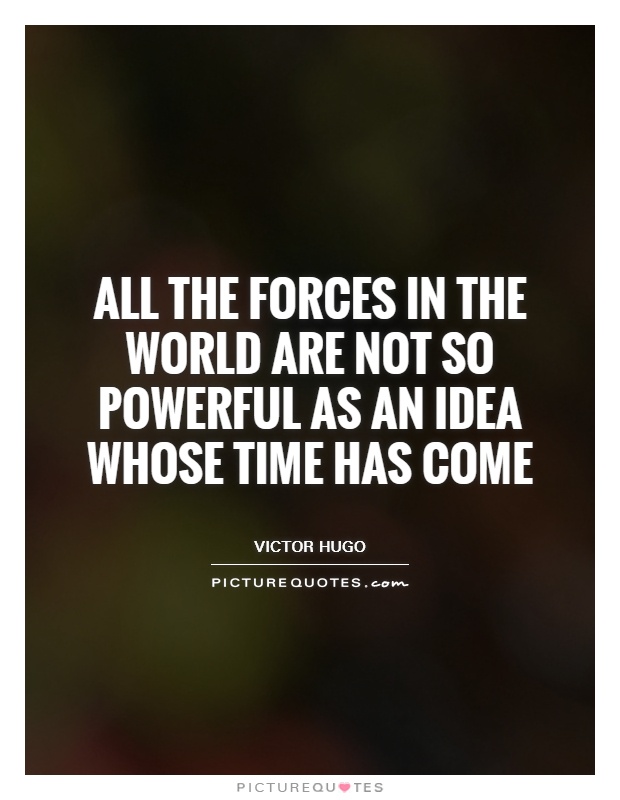
All the forces in the world are not so powerful as an idea whose time has come
Victor Hugo, the renowned French writer, poet, and playwright, was a firm believer in the power of ideas. Throughout his life, he championed various causes and used his literary works to advocate for social justice, political reform, and human rights. One of his most famous quotes, "All the forces in the world are not so powerful as an idea whose time has come," encapsulates his belief in the transformative power of ideas.Hugo understood that ideas have the ability to shape the course of history and bring about significant change. He believed that when the right idea emerges at the right moment, it has the potential to inspire people, mobilize movements, and ultimately transform society. This idea can be a new way of thinking, a revolutionary concept, or a vision for a better future. Regardless of its form, Hugo recognized that an idea whose time has come can be a catalyst for progress and innovation.
Throughout his literary career, Hugo used his writing to promote his ideas and challenge the status quo. In his novel "Les Misérables," he explored themes of poverty, injustice, and redemption, shedding light on the plight of the marginalized and oppressed. Through his characters and their struggles, Hugo conveyed powerful messages about the importance of compassion, empathy, and social responsibility.
Hugo's commitment to social causes extended beyond his writing. He was actively involved in politics and used his platform to advocate for political reform and human rights. He was a vocal critic of the French government and spoke out against corruption, censorship, and inequality. Hugo's ideas were not just abstract concepts; they were grounded in a deep sense of moral conviction and a desire to create a more just and equitable society.

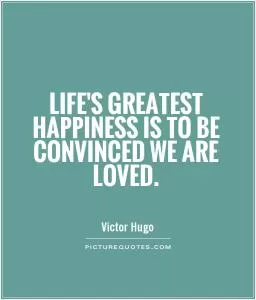
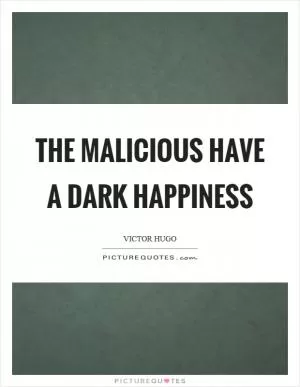
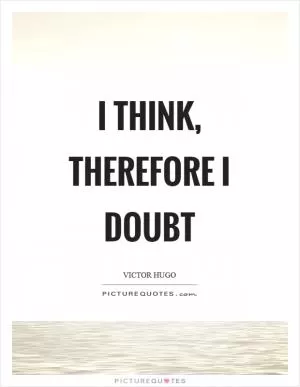
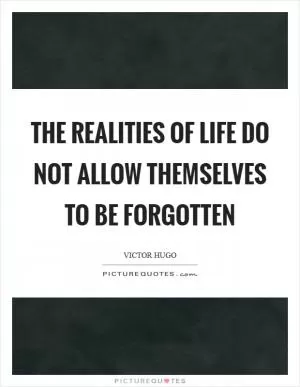
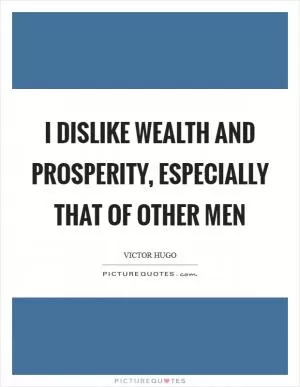
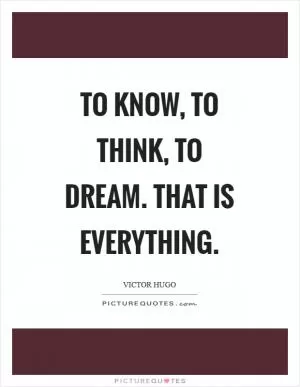
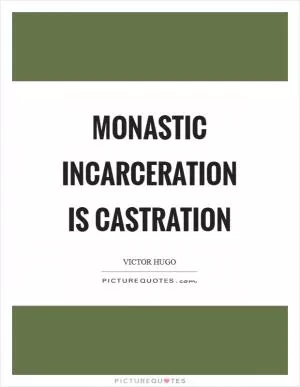
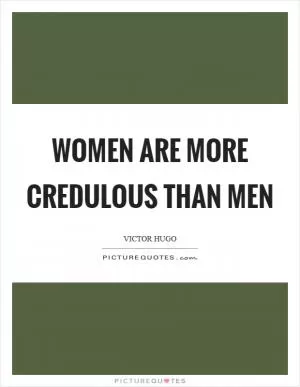

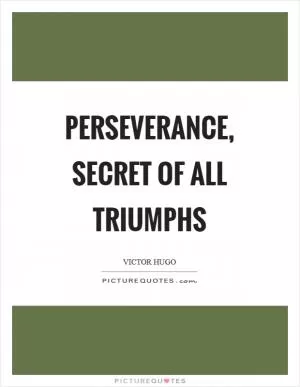
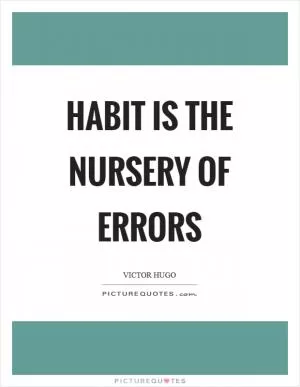
 Friendship Quotes
Friendship Quotes Love Quotes
Love Quotes Life Quotes
Life Quotes Funny Quotes
Funny Quotes Motivational Quotes
Motivational Quotes Inspirational Quotes
Inspirational Quotes